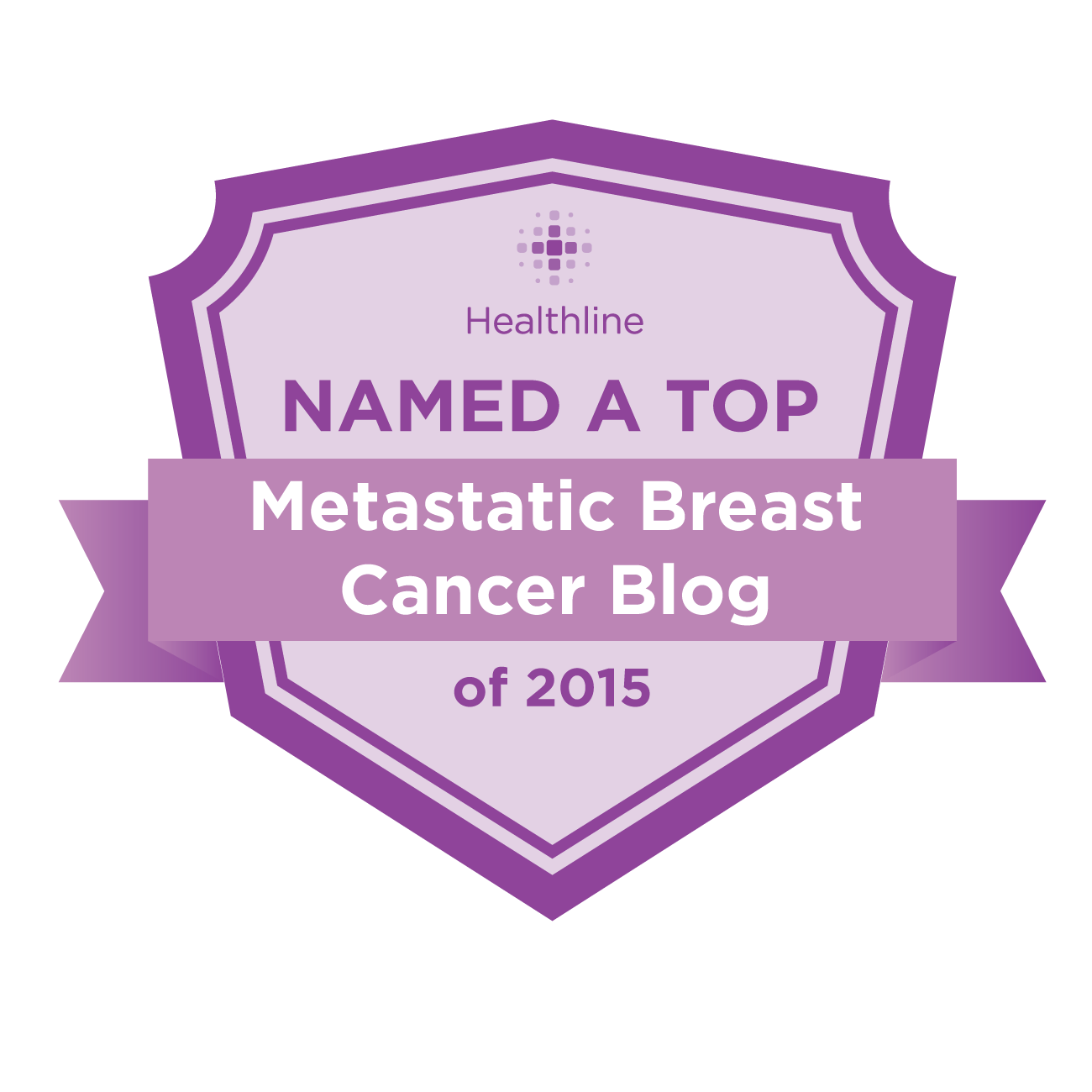Angela King, Q13FOX News
October 31, 2008
October is National Breast Cancer Awareness month. Each year, more than 11,000 women under the age of 40 are diagnosed with the disease.
All month, we've been introducing you to an extraordinary group of young breast cancer survivors.
They are members of the Young Survival Coalition and the Northwest Young Women Survivors. Each one lives in the Seattle area. All are tied together by common hopes and fears.
In Part I of our four part series, we met members who are suffering from the final and worst phase of breast cancer - Stage 4 metastatic. In Part II - it was women who have streamlined their professional lives to help fellow survivors.
This time, we discuss a topic all of these young survivors can relate to - the toll the disease takes on your body, and how to deal with what you look like after chemo or a mastectomy:
"The day I was diagnosed, I didn't believe I would be here."
It's been said cancer is one of the scariest words in the English language, especially if it runs in your family.
"On my mother's side, I'm the fourth generation to have breast cancer. My father's side, I'm the third generation," says Beth Morris.
But what if you don't run that risk.
Nicole Taylor says,"There's only 20 percent that's actually genetic so 80 percent of women do not have a genetic history."
And with most women being diagnosed well after their 40th birthday - another warning: youth doesn't always work in a woman's favor. Just ask Tammy Tillingham.
"The doctor told me I had a benign tumor. She said I was too young, so I actually waited a year until I went back and it had grown from three centimeters to nine."
"I think if I would have been monitored since age 30, I'd only be stage one instead of stage 3 where it's in my lymph nodes," Nicole says.
These are some of the worst "what if's" any woman could contemplate. How different would my chances be had I been diagnosed sooner? How nice it would be to have my body back the way it was.
"I didn't have reconstructive surgery, so every time i look in the mirror I see scars. I'm lopsided. It's difficult sometimes, but what can you do," says Tammy.
And what do you do if *you* are only part of the equation?
"Whether you're dating, you're married or you're breaking up, because that often happens through cancer treatment," says Anna Schumacher - a breast cancer survivor.
Heather MacMillan says," I had that moment on the couch like, how can i ever hold onto this? And of course, my husband looked at me and said, 'Are you crazy!' "
But what if you don't already have that steady partner by your side?
"I think all the women who are single and have gone through this have some fear," says Beth
Anna agrees. "Little things like, do I tell them in the beginning that I've had breast cancer or that I've had a lumpectomy or mastectomy? What do i tell them? Do I wait? What will happen?"
But there's no question - these are pros when it comes to optimism. Just leave it to these ladies to find purpose in one of the most devastating disfigurements a woman can suffer.
Beth is already married, but she says other survivors, "have found it to be a really good way to test the mettle of the men they've dated. It's helped them get down to brass tacks very quickly and extract themselves from the ones they're not going to have a future with."
And these women know what a gift the future is. The "what if's" here are not necessarily fraught with fear thanks to family, friends, and each other. It's funny how things can sometimes add up.
"It's like you're a transformer," says Anna.
Beth says her daughter thinks her scar is entertaining.
"My son thinks women with two breasts are really weird, so he's going to be very disappointed," says Anna.
But disappoint - these women don't.
Next week, we will bring you the fourth and final part of our special series. The topic - how do you break the news to your children, and keep your family calm while you're trying to do the same.
 Last week we traveled to Florida for a family visit. We flew into Orlando, rented a car and stayed overnight. We spent the morning at Downtown Disney, which is the shopping and eating part of "The Mouse" (no admission fee, no rides). There was a giant Lego display for kids to play with; being big kids ourselves, we tried to build a fort with a moat. I had to pose with the Lego doggies.
Last week we traveled to Florida for a family visit. We flew into Orlando, rented a car and stayed overnight. We spent the morning at Downtown Disney, which is the shopping and eating part of "The Mouse" (no admission fee, no rides). There was a giant Lego display for kids to play with; being big kids ourselves, we tried to build a fort with a moat. I had to pose with the Lego doggies.





















